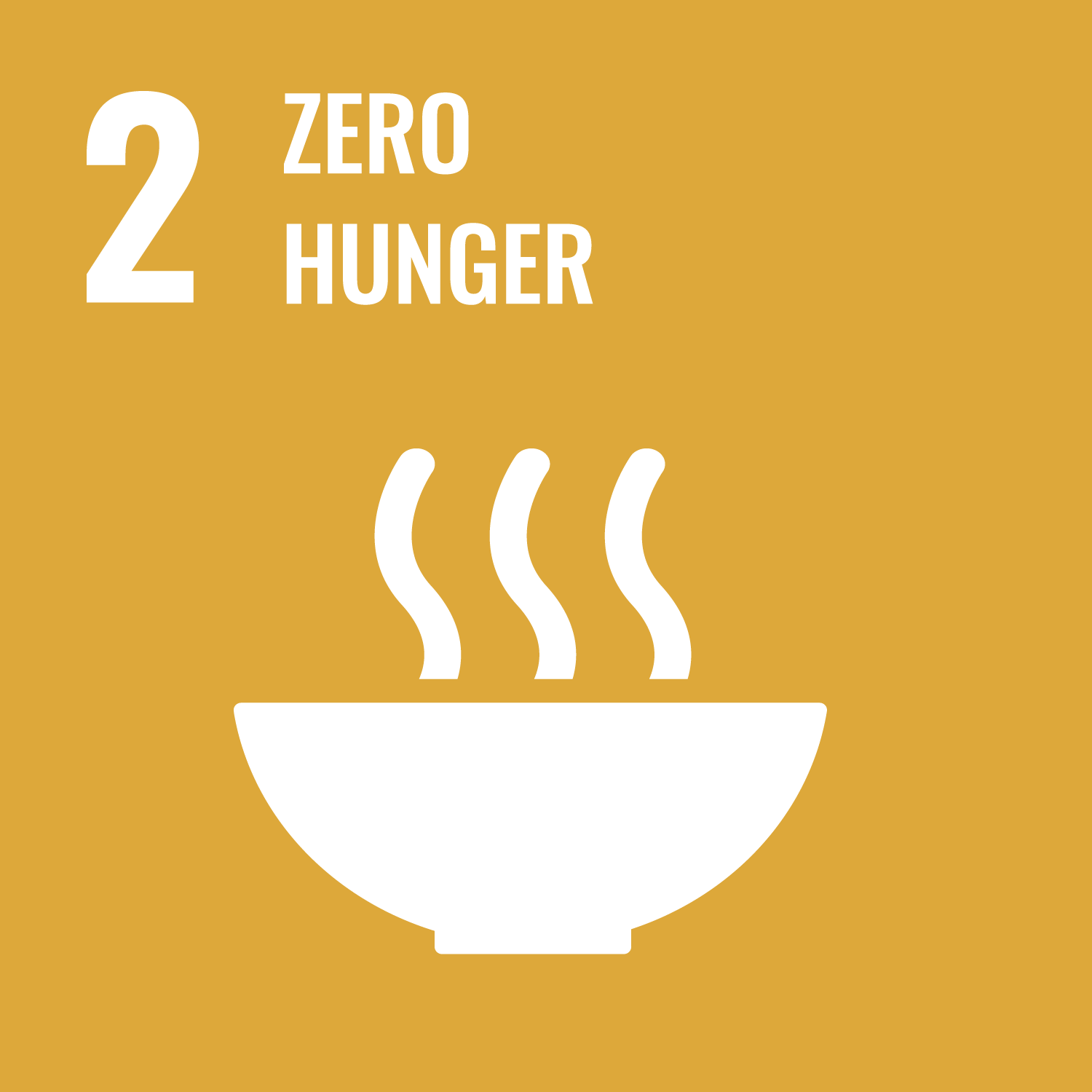We analyze the in vivo metabolic conversion mechanism of vitamin K and vitamin D which are fat soluble vitamins. We also analyze
the role of age-related diseases such as osteoporosis and cerebral nerve degenerative diseases by using knowledge and techniques
of biochemistry and molecular biology.In addition, the student presents the results obtained through the research at domestic
and overseas academic conferences, and presents it in domestic and overseas papers.Through such research, students cultivate
the foundation and application skills as society people and researchers.
- Course that cultivates an ability for utilizing knowledge
- Course that cultivates a basic interpersonal skills
- Course that cultivates a basic self-management skills
- Course that cultivates a basic problem-solving skills
| Work experience | Work experience and relevance to the course content if applicable |
|---|---|
| Applicable | In this research, based on the experience of the lecturer's pharmaceutical company, tell what kind of things you will learn
will lead to future learning. Specifically, we read knowledge from the world's most advanced papers and develop students who can play an active part in society even if they advance to future pharmaceutical companies and food companies. |






- 2.ZERO HUNGER
- 3.GOOD HEALTH AND WELL-BEING
- 4.QUALITY EDUCATION
- 9.INDUSTRY, INNOVATION AND INFRASTRUCTURE
- 12.RESPONSIBLE CONSUMPTION & PRODUCTION
- 15.LIFE ON LAND
Last modified : Sun Mar 21 17:20:45 JST 2021
